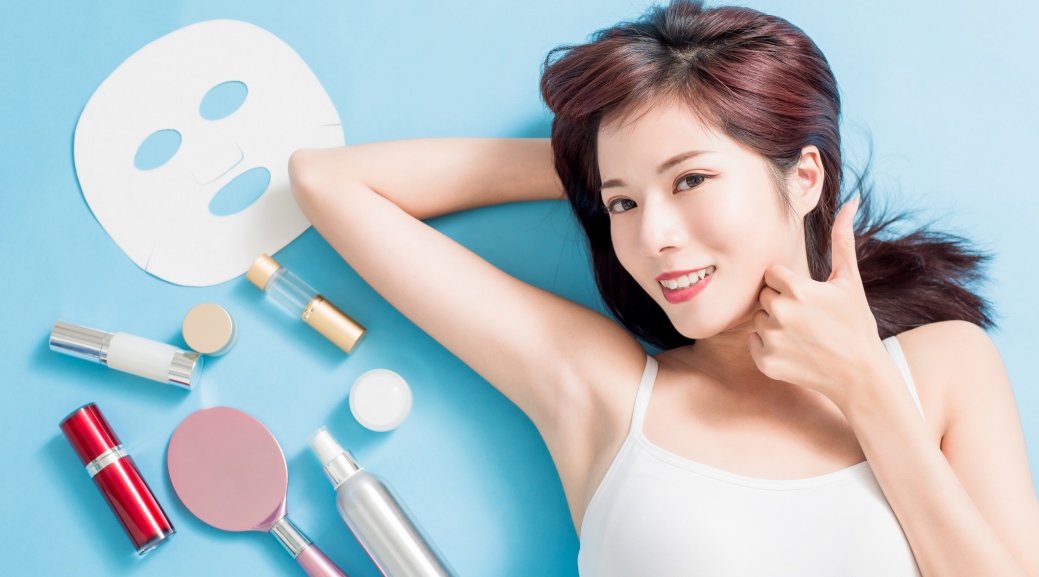As the first country to enter coronavirus lockdown, cosmetic sales in China slumped 14.1 per cent in the first two months of the year to US$5.5 billion, according to the country’s national bureau of statistics.
Already the world’s largest e-commerce retail market, even more sales shifted online in January and February.
Online searches for cosmetics and personal care soared to pre-outbreak levels in late February, reports the South China Morning Post.
Online sales surged five-fold on International Women’s Day.
Alibaba accounts for 55.9 per cent of China’s online market and cosmetic sales on Tmall increased 90 per cent over the same period last year.
Beauty masks and makeup removers were in high demand from March.
JD.com, the other giant of the Chinese online market, reports that its online sales of beauty products grew at an annual growth rate of 29.4 per cent.
The leading category was skincare, accounting 19.3 per cent of sales.
International brands such as L’Oréal and South Korea’s Laneige and Innisfree performed very well, in addition to domestic players.
Cosmeceutical skincare, packed with bioactive ingredients and dermatological benefits, have enjoyed enormous growth over the past few years, says JD.com.
Younger Millennials have been a major driver in quintupling cosmeceutical sales since 2016.

